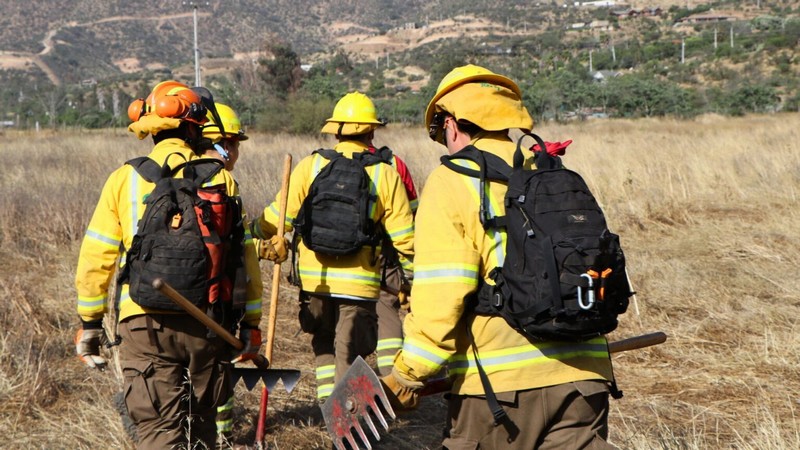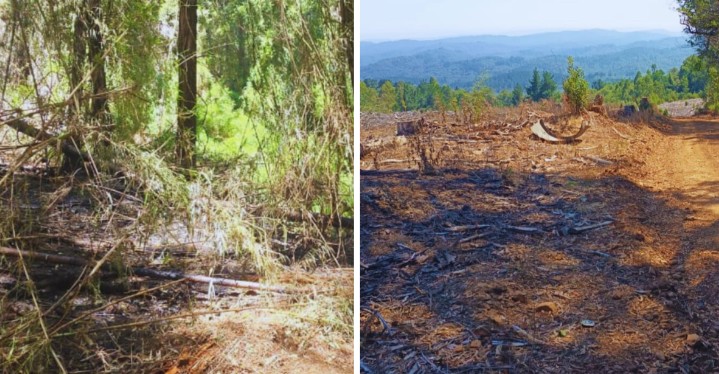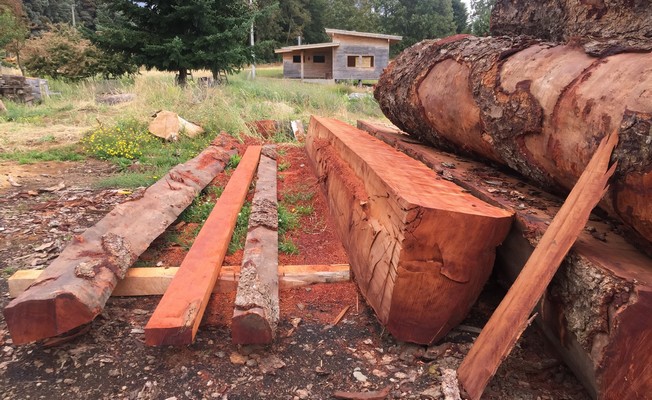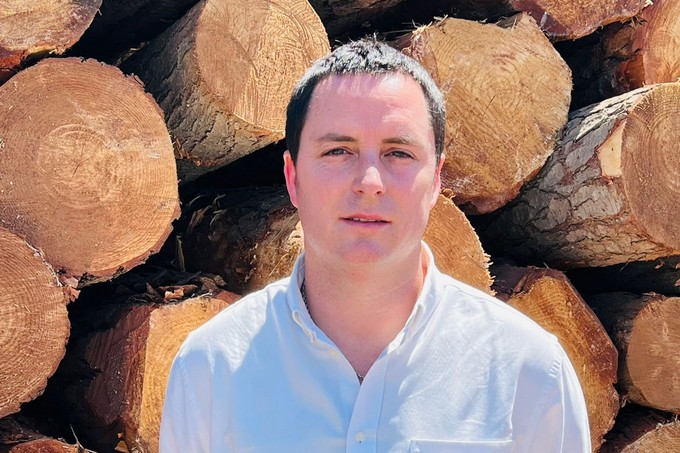With the unanimous approval of the bill (36 votes in favor) by the Senate in its final legislative step, the green light was given to the National Forestry Service (Sernafor), which replaces the National Forestry Corporation (CONAF).
The new Sernafor is a public service that strengthens the State's role in preventing and combating forest fires, promoting urban tree planting, enforcing regulations governing the forestry sector, and advancing sustainability in the sector.
Following the final approval on the afternoon of April 16, CONAF's executive director, Aída Baldini, highlighted the historic moment, stating, "Today is a great day for the forestry sector. Today is the first day of the next 50 years we have to envision a comprehensive, integral service dedicated to protecting forest ecosystems. And, in particular, we have been given new responsibilities, extremely important functions for the public," referring to the nationwide tree-planting mandate Sernafor will officially undertake.
The law establishing this new public service stipulates that it will be a decentralized body with legal status and its own assets, under the oversight of the President of the Republic through the Ministry of Agriculture.
On behalf of CONAF's workers, the director of the National Federation of CONAF Unions, Mónica Muñoz, also emphasized the creation of this public institution, noting, "Here we see a new beginning for the forestry sector. The country needed a new institutional framework, as we as a union organization had advocated since 2017. We hope to work together with the executive leadership and employees to develop the forestry sector and, additionally, to safeguard workers' acquired rights. Therefore, we expect the new institution to reflect our experience from over 54 years of work."
Sernafor's mandate will include the protection, promotion, conservation, preservation, recovery, restoration, and sustainable management and regulation of forests and other vegetation formations in the country, as well as associated natural components. It will also focus on developing new forests and vegetation on lands primarily suited for forestry.
Additionally, one of its core functions is the prevention and combat of forest fires, a task that will be reinforced under this new framework. It will be responsible for drafting the National Plan for Reducing Forest Fire Risk, coordinating with the National Disaster Risk Reduction System, exercising exceptional powers during forest fires, and establishing the National Registry for Forest Fire Protection.
It is worth noting that the bill creating Sernafor entered the legislative process in 2017 and was approved by the Chamber of Deputies on November 29, 2017. In the Senate, it was reviewed by the Joint Committees on Agriculture, Environment, Climate Change, and National Assets, as well as the Finance Committee, and was approved with amendments on January 15, 2025.
On March 4, 2025, during the third constitutional step, the Chamber of Deputies voted on the amendments proposed by the Senate, rejecting one article. Due to this rejection, a Mixed Commission was formed to resolve the differences.
On March 25, 2025, the Mixed Commission voted to maintain the wording proposed by the Senate, and on April 14, 2025, the Chamber of Deputies approved the bill, endorsing the Senate's proposed text. Finally, on April 16, 2025, the Senate unanimously approved the new National Forestry Service (Sernafor), the legal successor to the National Forestry Corporation (CONAF).







Comments (0)
No comments yet. Be the first to comment!
Leave a comment